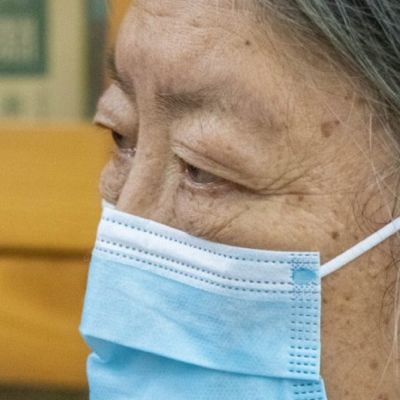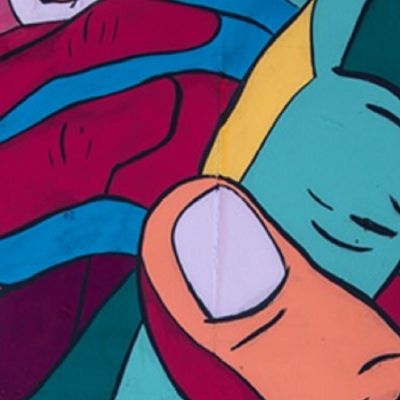Written by: Raymond Kwong (Chief Executive)
Over the past nearly 30 years, CEDAR has participated in over 100 relief campaigns and the most touching thing for us is seeing the disaster-stricken victims help each other. They do not worry about what will happen to them next, instead, they make every endeavour to help those around them. Even though they barely have enough for themselves, they still try to help others, which is not an easy thing to do. This spirit of selflessness is a grace from God.
In the Bible, the Macedonian churches are an exemplar of selflessness. In 2 Corinthians 8, the apostle Paul described how the Macedonian churches served the poor Christian believers in Jerusalem. Back then, there was a great famine in the land of Palestine. With that and the long-standing religious persecution, the Christians in Judah were living in extreme poverty. Therefore, when Paul was preaching, he encouraged churches in other places to lend a helping hand to the churches in Jerusalem. The Macedonian churches were among those who responded to Paul’s appeal.
After Macedonia was defeated by Rome, the region became very poor and the local churches were in extreme poverty, and were facing a “very severe trial” of religious persecution (v. 2). Even when they were unable to fend for themselves, the churches in Macedonia still made donations to the churches in Jerusalem. They even urgently pleaded with Paul for the privilege of sharing in this service to the Lord’s people (v. 4). Therefore, Paul testified that they gave as much as they were able, and ‘“even beyond their ability”’ (v. 3), which is the kind of attitude of serving that is pleasing to the Lord.
Over the past few months, COVID-19 has made people in Hong Kong feel helpless, worried and even frightened. While we rely on God to face challenges during this long and arduous period, we can also learn to practise the spirit of serving “beyond our ability”. Sharing your stock of masks with others is one example. Apart from the needy in Hong Kong, people in other countries also need our care and services, especially our neighbours in mainland China – one of the places most severely affected by the coronavirus. We cordially invite you to pray for them, and find ways to show them your care. If everyone serves “beyond their ability”, we will still be able to experience the joy and grace from God during this difficult time.
Content of this issue
Written by: Edward Lai (Senior Communications Officer) Combating virus in China In China, the coronavirus has rapidly spread cross the country’s territories. During the early stage of outbreak when anti-virus materials were lacking in China, CEDAR made an allocation of approximately HK$513,000 to provide emergent relief aid in Hubei, Yunnan and Sichuan provinces. Through the local networks of our Christian partners in mainland, we provided medical personnel, disinfection workers, impoverished families, as well as civil servants who were on shift duty to combat the disease, with hygienic and protective supplies. We also mobilised volunteers to care for the poor families and offer living supplies. As the novel coronavirus is highly contagious, our partners strove to keep person-to-person contact…
Written by: Raymond Kwong (Chief Executive) Over the past nearly 30 years, CEDAR has participated in over 100 relief campaigns and the most touching thing for us is seeing the disaster-stricken victims help each other. They do not worry about what will happen to them next, instead, they make every endeavour to help those around them. Even though they barely have enough for themselves, they still try to help others, which is not an easy thing to do. This spirit of selflessness is a grace from God. In the Bible, the Macedonian churches are an exemplar of selflessness. In 2 Corinthians 8, the apostle Paul described how the Macedonian churches served the poor Christian believers in Jerusalem. Back…
Written by: Gloria Li (Pastor, Western District Evangelical Church) Evening, Friday 7th February I had just one box of masks left at home, which was to be shared between my domestic helper and I. We were counting down the number of our masks and mentally preparing ourselves to reuse them when our stock ran out. The two batches of masks that I had ordered in early January, as shown on the computer, left Japan a long time ago, which meant that they must have already arrived in Hong Kong. Did that mean they had been “hijacked”? While waiting for the delivery, there were rumours that masks were banned from entering Hong Kong due to the anti-extradition law protests….





